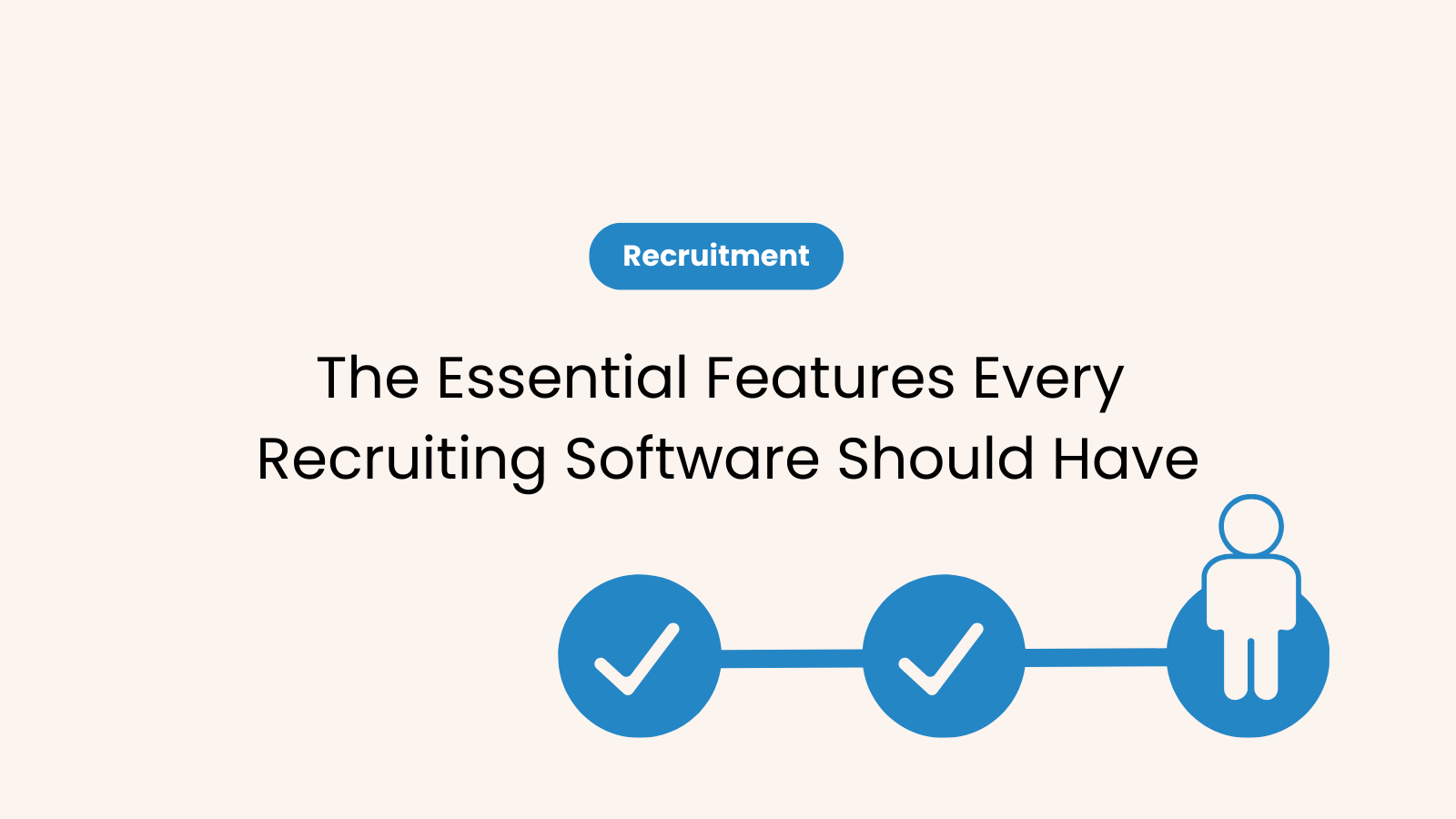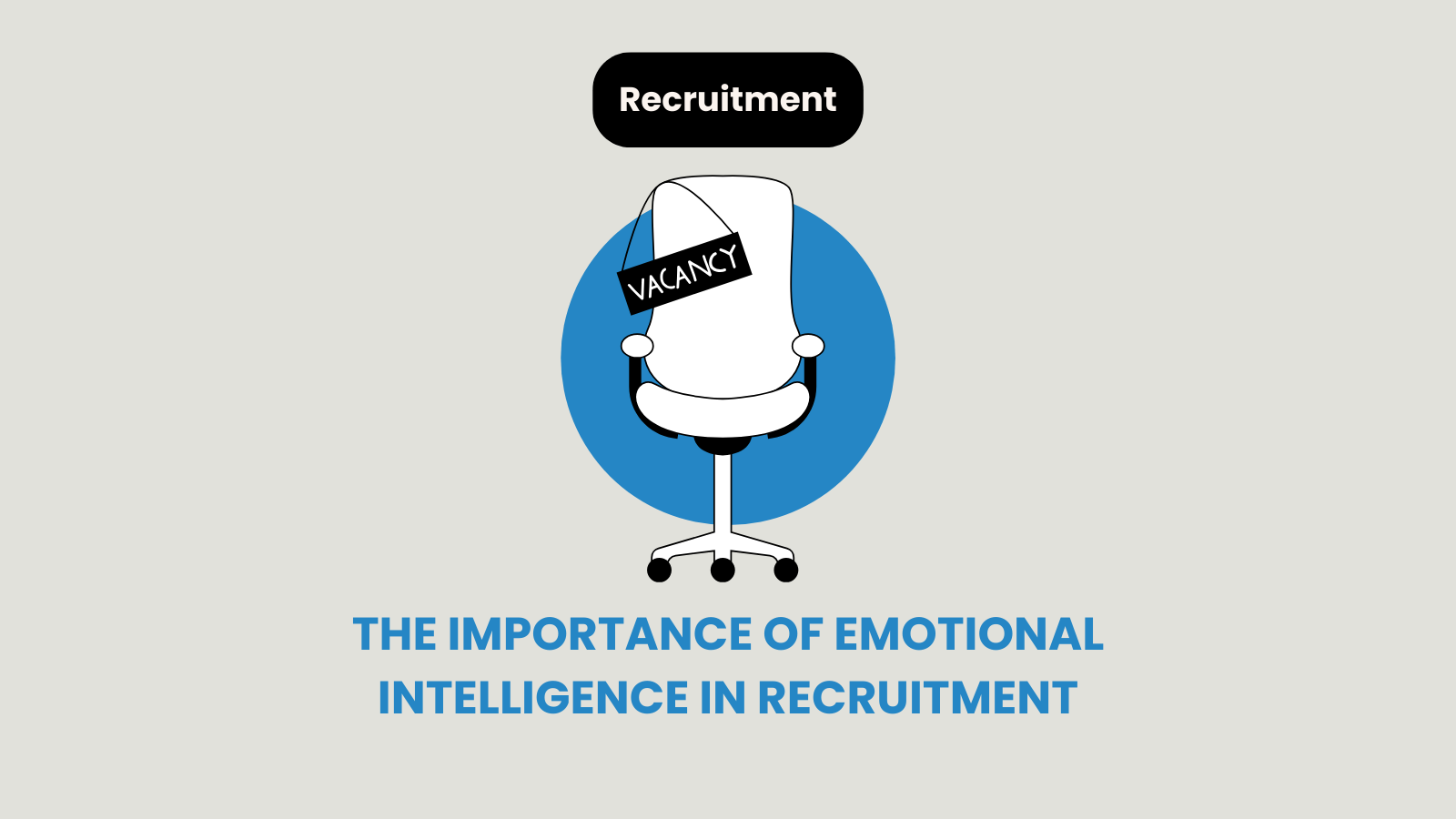The world we live in has become fast-paced, and the desire for a good work-life has risen accordingly. For many young adults, more specifically – Gen Z, the traditional work hours from 9 to 5 are no longer desirable. And the common ground for Gen Z and the gig economy emerged, offering flexible work arrangements for the younger generation. It has provided a much-needed solution to many challenges Gen Z is facing in order to achieve the perfect work-life balance that fits their lifestyle.
The Emergence of Gen Z and the Gig Economy
Gen Z, also known as the iGeneration or Post-Millennials, refers to individuals born between the mid-1990s to the mid-2000s. This generation is known for its tech-savviness, entrepreneurial spirit, and great desire for a good work-life balance. From the moment they started becoming part of the workforce, Gen Z has gravitated toward the gig economy.
The gig economy is a labor market characterized by short-term contracts or freelance work as opposed to traditional full-time employment. It stands opposed to the traditional work hours, where the majority work from 9 to 5, while in reality, over 90% of service professionals work over 50 hours a week in the US. The gig economy offers Gen Z a flexible work schedule, the ability to pursue multiple income streams, and opportunities to gain new skills and experiences. This has made it an attractive option for those seeking a more independent and fulfilling career path.
Flexibility – The Common Ground
The most important thing and the key factor that connects Gen Z and the gig economy is flexibility. The gig economy is based on the freedom to choose when, where, and how they work. This allows Gen Z workers to balance their professional and personal commitments in a way that suits their lifestyle. For example, they can work from home, adjust their work hours to accommodate other responsibilities, and take on multiple gigs to earn extra income.
Additionally, what this type of economy offers to the younger generation is the much-needed chance to pursue their passions, and develop existing skills and learn new ones. That’s why it’s more than a viable alternative to traditional employment for those who seek more autonomy and control over the course of their careers. That’s why the gig economy and Gen Z are in a symbiotic relationship that benefits both.
Let’s Look at Some Statistics
While some may see the potential downsides of the gig economy, the benefits of such an approach to work-life aren’t unnoticed by Gen Z. Here is what the younger generation finds the most appealing in gig work, according to the Workforce Institute research:
- 55% of Gen Z appreciates the flexibility of the schedule.
- 53% find being their own boss beneficial.
- 42% think that not having a boss or coworkers is an advantage.
- A staggering number (35%, yikes!) of Gen Zers say that they would never tolerate being forced to work when they don’t want to (perhaps a 4-day work week would fit them better.)
- 36% value the flexibility to work remotely or from their home.
- Additionally, 36% of seasonal, temporary, and occasional-time workers place great value in modern workplace technology.
Based on this data, in order to empower gig workers in the most effective way, employers should be focused on technologies and tools as this could improve the recruitment process.
The Benefits of Flexibility in the Gig Economy
Although the gig economy has other appeals, flexibility is a key factor that makes it an attractive option for Gen Z workers who value work-life balance, autonomy, and the opportunity to pursue other interests. Overall, it’s the single, most significant advantage it has over traditional work. But Gen Zers find some other benefits to be equally as valuable, so let’s consider them.
Increased Autonomy
When it comes to working and being part of the gig economy, what stands out along with flexibility is the fact that workers have greater control over their work schedule and workload. This allows them to prioritize work how they see fit and adjust it around their personal life. Ultimately, this way, they gain more autonomy over their career.
Greater Control Over Work Schedule
Autonomy and flexibility combined allow Gen Z workers to adjust their schedules to accommodate other responsibilities. It leaves them enough room to focus on family commitments, school schedules, or hobbies. It makes balancing professional and personal lives much easier.
Ability to Pursue Multiple Income Streams
If you think you can manage multiple gigs at once, the gig economy offers the freedom to do so. Multiple projects mean earning extra income, all while reducing their dependence on a single source of money. This also provides them with greater financial stability.
Opportunity to Gain New Skills and Experiences
Finally, the gig economy offers the opportunity to work on a variety of projects and with different clients, giving workers the chance to develop new skills and experiences, expand their network, and ultimately grow professionally. Developing a broader set of skills and gaining new knowledge makes workers more competitive in the job market.
Let’s Consider the Challenges of the Gig Economy
While flexibility is a significant advantage provided by the gig economy, there are also some challenges that come with it. They include the following:
- Lack of job security. Unlike traditional employment, workers are often hired for short-term contracts or projects, which can end abruptly, leaving them without a source of income.
- Difficulty with income stability. Because this type of work environment is often short-termed or project-based, workers may experience fluctuating income levels, making it challenging to plan and budget their finances.
- Absence of any traditional benefits. In most cases, gig workers are considered independent contractors, meaning they are not entitled to traditional benefits such as health insurance, retirement plans, or paid time off. In the end, this could lead to added financial burden, because workers pay out of their own pockets.
How to Mitigate These Challenges?
It could be difficult to navigate the waters of the gig economy and mitigate the impact of all the disadvantages. However, there are certain ways to overcome this. For instance, workers can build a diversified client base to reduce the risk of losing income when one project ends.
They can also budget carefully and set aside savings to help them weather any periods of income instability. Finally, they can (and should consider it) seek out some of the non-traditional benefits, such as discounted gym memberships, wellness programs, or professional development opportunities. This could help them create a sort of compensation package. These benefits may not be as comprehensive as those offered by traditional employers, but they can still make a significant impact on the overall well-being of workers.
Find the Right Balance
If you’re a Gen Zer trying to survive on the market, and you’re willing to test the appeal of the gig economy, you should focus on the balance of the benefits and challenges. To balance work and personal life, it’s essential to create a schedule and stick to it. Plan your work hours and breaks, and make sure to include time for personal activities such as exercise, hobbies, and spending time with family and friends.
Set Boundaries and Prioritize Self-Care
While it can be tempting to work around the clock to meet deadlines and complete projects, you should strive to avoid this. It’s crucial to set boundaries and establish when your working hours end and where your personal life and free time begin. You can do this by setting clear expectations with clients and making sure they understand your availability and limitations.
Additionally, you shouldn’t overlook self-care. Taking care of yourself is crucial for maintaining a good balance between your professional and personal life. Make time for self-care activities such as exercise, meditation, or spending time in nature. Prioritizing self-care isn’t to be taken lightly – it can help you reduce stress, stay focused, and improve your overall well-being.
Embrace Flexibility
While flexibility can present challenges, it can also be an advantage in maintaining a good overall work-life balance. Use it to your advantage by scheduling work around your personal commitments, taking breaks when needed, and adjusting your work schedule to fit your needs. It is key to finding success and fulfillment in the gig economy for Gen Z workers. At the same time, embracing flexibility requires discipline, planning, and a willingness to adjust to new situations.
By being open to new opportunities and remaining adaptable, many Gen Zers will find success in such a work environment, while building a fulfilling and sustainable career that aligns with their values and goals.
The Gig Economy Is a Viable Alternative for Gen Zers
By embracing everything that comes with the gig economy, Gen Z can not only find success, but also a less stressful professional life. Since the younger generation highly values a great work-life balance, autonomy, and the opportunity to pursue their passions, this is a viable alternative to traditional working hours.
Gen Z and the gig economy are a perfect match, because this work environment fulfills their personal and professional needs, taking advantage of the opportunities that come with projects and multiple income streams. By prioritizing self-care, setting boundaries, and embracing flexibility, Gen Z workers can achieve the ultimate balance, creating a sustainable career.




